Critical Essays Archive
Bless the Daughter Raised by a Voice in Her Head’s Language of the Body
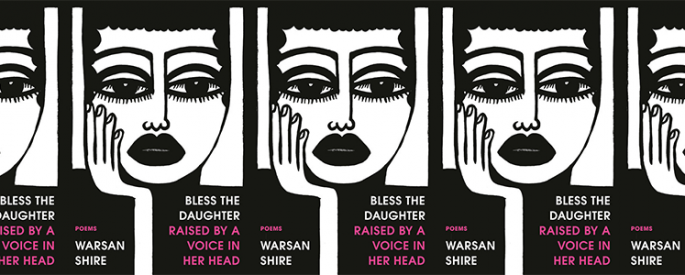
Via the body, Warsan Shire wrenches us into sensuous and traumatic narratives that express hunger for love, rage at violation, the turmoil of illness, and an exquisite wish for restoration.
The Entanglement of Church and Family in Revival Season
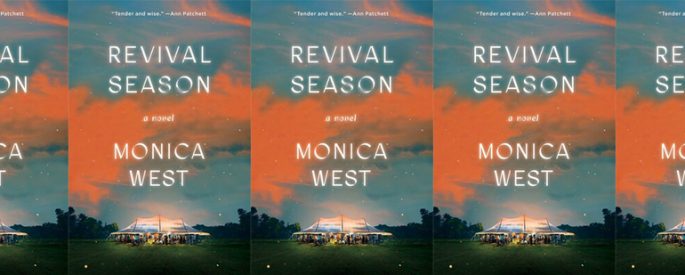
Monica West's debut novel exposes the inevitable risks and losses that come along with disentanglement from family and church structures. Her protagonist's strength, coming-into-power, and voice are compelling, but they are costly.
The Agency of Men in The Atmospherians and How to Kidnap the Rich
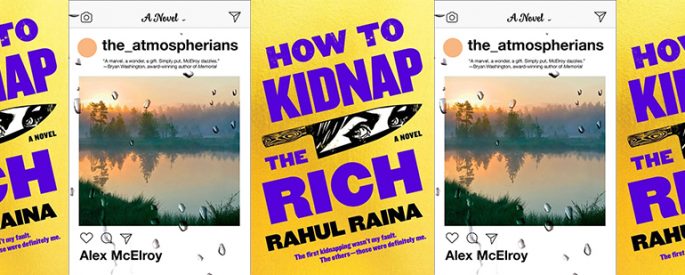
In the world of fiction, as opposed to the real world and its assumed male passiveness, men must make choices; they are not victims, but the owners of their mistakes.
The Liminality of Life and Death in Seán Ó Ríordáin’s Poetry

Poetry as life and death—may I term this struggle as survival? Seán Ó Ríordáin, the Irish poet whose oeuvre elucidates this limbo, looks no further than to the interaction of light with dark to explain this compulsion for the letter as both cure and curse.
Making Men and Myths in Mario Vargas Llosa’s The Storyteller
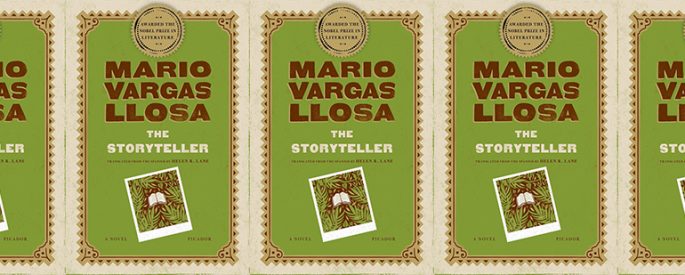
Storytelling is foundational to our concept of ourselves, with personal narratives—those we speak aloud and those we tell to only ourselves—defining the shape of our lives and casting us in various roles as circumstances demand: champion or victim, villain or avenger.
Bernadette Mayer’s Deconstructed Sonnets

As formalism in poetry and the expectations around gender and family structure have evolved, so have poets’ treatment of it. Bernadette Mayer's 1989 collection repurposes the idea of the volta in experimental sonnets to demonstrate that clear resolution in life rarely exists,
especially in matters of love and relationship.
The Destruction of the World in Drive Your Plow Over the Bones of the Dead
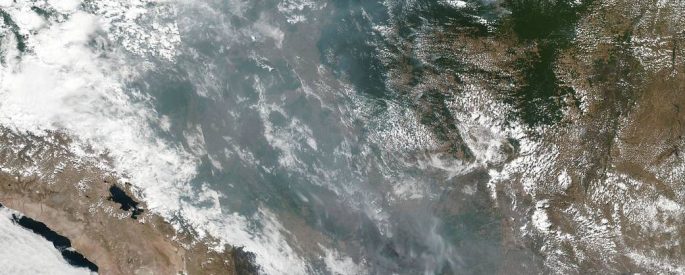
Olga Tokarczuk’s newly translated novel has been marketed as a murder mystery, albeit a strange one. It is that, partly, but underneath the whodunit is another novel: one about how our obsession with usefulness leads to greed, and the devastating impact of both on the environment.
The Tradition of Storytelling in Something Unbelievable
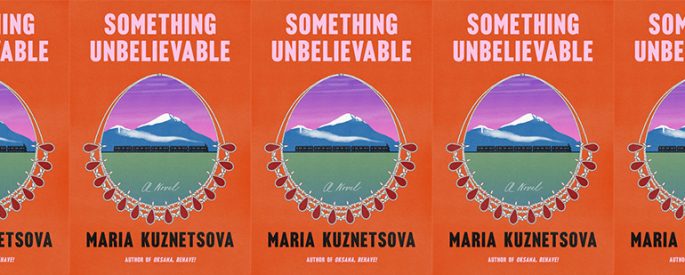
Over the course of Maria Kuznetsova’s second novel, out next week, we switch back and forth between the perspectives of a woman and her grandmother. In the process, we begin to understand how tightly the two women are connected, even as the lives they live are vastly different, and
Writing While Biracial
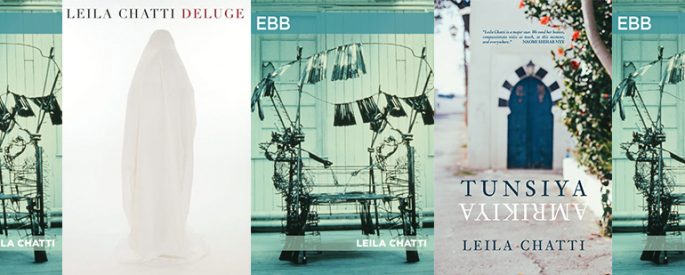
Leila Chatti’s poems subvert the expectation that she, as a Tunisian American writer, write as "just" Tunisian or "just" American—or just as the Tunisian American writer for whom mixed identity itself is the chief subject and source of conflict in her work.
Home as Metonymy for Country in The Locust and the Bird: My Mother’s Story
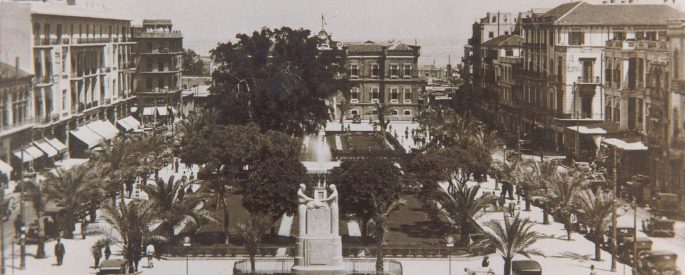
Set in decades past, Hanan al-Shaykh’s novel remains relevant to women’s rights today: she uses her narrator’s struggle to draw upon sociopolitical issues, positioning women’s stories as a means of redefining the political and societal in terms of the personal, and insisting on the importance of reaching beyond presiding